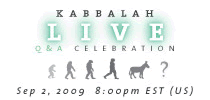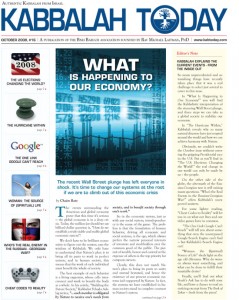Glossary of Terms Used in the Hukat Weekly Torah Portion
- Place
- Purity
- Impurity
- Death
- Water
- A Rock
- A Boundary
- A Serpent
- Healing
- Inheritance
- This Is the Statute of the Law
A “place” is a desire. Each desire is a place in which something appears, whether good or bad.
The power of bestowal.
The power of reception
Death is inability to work in order to bestow.
Water is a force that revives the will to receive and turns its intention from reception to bestowal.
A rock is a will to receive that needs to be corrected so it can be used in order to bestow, meaning to use the water that comes out of it in the act of bestowal. There are two modes of action in order to perform an act of bestowal: 1) striking the rock, which are waters of Meribah (quarreling) or waters of Gevurot, 2) speaking, which are waters of Hassadim (mercy), waters of bestowal, the water of life.
A boundary is a place in which one must stop one’s act of bestowal for lack of strength to aim in order to bestow. It is a point where one must restrict oneself and refrain from using one’s desire any further.
The egoistic will to receive that destroys a person and consumes him is the serpent. The serpent exists at the core of the will to receive that exists in every person.
Healing is a correction. If we use that same serpent correctly, in favor of people’s lives, it becomes a good force. It is written, “I have created the evil inclination, I have created for it the Torah as a spice,” because “the light in it reforms it,” meaning reforms the serpent. That is, the evil inclination becomes a good inclination.
Inheritance is what we receive from a higher degree, from the father or the grandfather. In spirituality, too, there are degrees. If a person receives strength from a higher degree, a force that lets one ascend, it is called “inheritance.”
This Is the Statute of the Law
“The creatures were created with a nature of being receivers … Since it is impossible to go against Nature, he has given us the advice that through Torah and Mitzvot we will be able to turn the nature within us.” [1] This is why the laws of the Torah are considered laws only when the evil inclination asks … and then one needs to take upon himself everything as a statute, which is Hassadim, bestowal, where everything is only above reason, which is called “faith.”
[1] Rav Baruch Ashlag, The Writings of Rabash, vol. 3, “This Is the Statute of the Law, no. 2” p 1825



